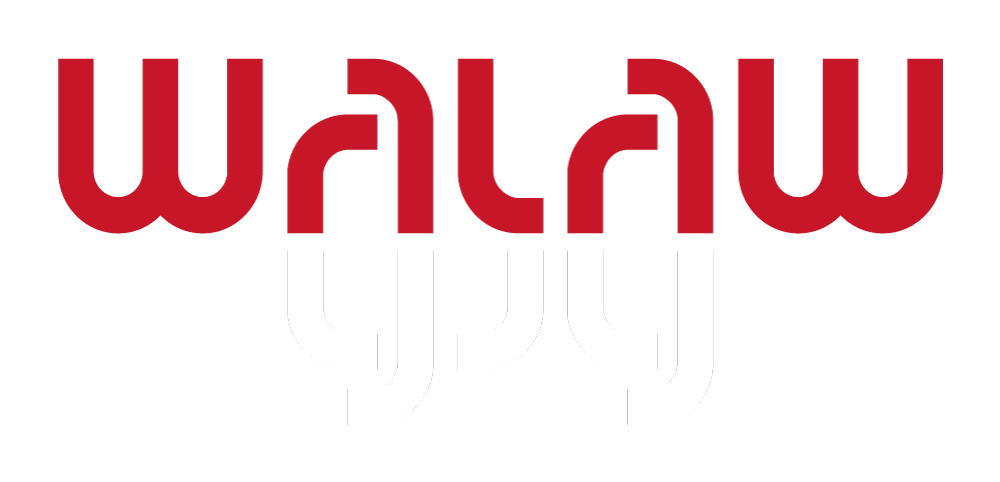Morocco's Fertility Decline Signals Demographic Challenges
Morocco faces a declining fertility rate and an aging population, reshaping its demographic landscape. Rising living costs and limited job opportunities are among the main reasons behind smaller family sizes.
Moroccan women now average 1.97 children, below the replacement level of 2.1 needed to sustain the population. A decade ago, the fertility rate stood at 2.5. The proportion of children under 15 has dropped from 31% of the population in 2004 to 26.5% today. Meanwhile, those aged over 60 now constitute 13.8% of the population, nearly double the 8% recorded two decades ago. This demographic includes 5 million elderly citizens, up from 3.2 million ten years prior.
A grandmother in Rabat noted how family norms have shifted. “When I was young, everyone had big families. Now, my daughter says two children are plenty. Life is harder now, she says. I understand.”
Urban areas exhibit the steepest decline. Women in cities now average 1.77 children, down from 2.1 a decade ago. Even rural areas, traditionally characterized by larger families, have seen fertility rates drop from 3.1 in 2004 to 2.37 today.
Economic pressures are a key factor. A father in Casablanca explained, “It’s not just about feeding them. Schools, clothes, healthcare. We stopped at two kids because we want to give them the best chance in life.”
The demographic shift poses challenges. Fewer young people mean a smaller workforce to support the growing elderly population. Morocco’s population grew by just 0.85% in 2024, while those over 60 increased by 4.6%, a rate five times faster.
Policymakers face tough decisions to support families and incentivize higher birth rates.


